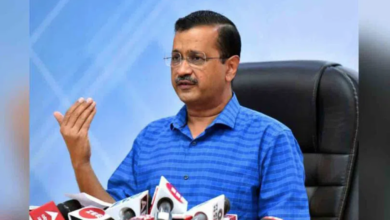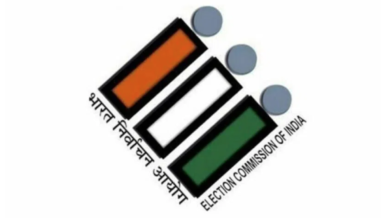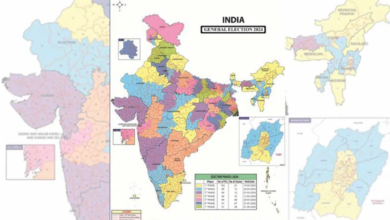Explained: What’s behind the smokescreen of Amul-Nandini row in Karnataka?

Explained: What’s behind the smokescreen of Amul-Nandini row in Karnataka?
It might look like a company trying to break into a new market but the bigger picture exposes a nationwide trend of state governments being on the verge of losing successful cooperatives to the Centre

Hyderabad: The Union government is strategically eroding the basic principles of federalism, transgressing the lines of clear division of powers between the Centre and the States.
Among several instances where the Centre stepped on the States’ toes; from merging the Vijaya and Dena Bank with the Bank of Baroda to NEET exams in Tamil Nadu, the conflict surrounding Amul’s headway in Karnataka is yet another example.
On April 5, Amul tweeted “The Amul family is bringing in some Taaza into Bengaluru city,” indicating the dairy brand’s attempt to make inroads in Karnataka, a state that has a strong milk cooperative that sells dairy products under the brand name Nandini.
Now what might look like any other instance of a company trying to break into a new market, is in fact, much more complex and the bigger picture exposes a nationwide trend of state governments being on the verge of losing successful cooperatives to the Centre.
The controversy
To understand what’s behind the smokescreen of the Amul-Nandini row, let’s begin with the telecasted version of this controversy in Karnataka. Ever since Amul announced its intentions, the poll-bound south-Indian State has been in a state of milk war where ruling BJP politicians and the opposition leaders have been exchanging words back and forth.
Defending the Kannadiga pride and supporting the rural economy that is dependent on the home-grown brand Nandini, leaders from Congress and JD(S) have opposed Amul’s advances in Bengaluru.
Amul stands for Anand Milk Union Limited which is owned by Gujarat Milk Marketing Federation and is based in Anand, Gujarat. And this, the opposition says, is the reason it should be barred from the State. They rightfully raised concerns regarding Karnataka Milk Federation-owned Nandini’s survival when Amul entered the local market here.
BJP leaders in Karnataka however, have supported Amul from the very beginning. Chief Minister Basavaraj Bommai himself has said that Amul, like any other cooperative, has the right to enter and promote its brand in the free market. Some even said that Amul is being wrongfully opposed just because the cooperative belongs to Gujarat, the home state of Prime Minister Narendra Modi.
The bigger picture
While Karnataka continues to indulge in the milk war, a battlefront for the legislative assembly polls to be held on May 10, it seems that all major news outlets are falling short of connecting the dots.
The Amul versus Nandini dispute is not a standalone case, but rather an example of a deep-rooted political conspiracy that has begun to unveil now.
Here is how it all began…
The Centre in July 2021 had set up a Ministry of Cooperation. Home Minister and former BJP President Amit Shah was put in charge of it. Right from word go, there were doubts about the ministry planning to take over cooperatives from states.
Violating principles of federalism
Cooperatives under the 7th Schedule of the Indian Constitution are under the purview of the State government. The Union government has no business interfering, let alone attempting to merge it with another cooperative like Amul.
And this is not the first time the Centre muscled its way through a situation like this. In April 2019, Vijaya Bank from Karnataka and Dena Bank which was headquartered in Mumbai were forcefully merged with Bank of Baroda from Gujarat.
The NEET exam controversy in Tamil Nadu is another classic example. The exam conducted by the Union government’s Central Board of Secondary Education was opposed by Tamil Nadu which said that it goes against the interest of state board students. And since it was under the ambit of public health, it became a State subject.
When the constitution clearly stated the sectors in the purview of the Union government and State government except for a few coinciding subjects, the center was time and again found to be crossing the very line of federalism.
Adding to that, Amul is also known to be destructive when entering a new market. In 2016, Hindustan Times reported about Verka owned by Punjab State Cooperative Milk Producers Federation, facing the brunt of Amul which has started supplying milk in the State.
Although the entire incident is politicized given the election heat, it is fair on the farmers’ part to be fearful of a takeover by Amul. Given that it is the livelihood for several of them, the protests up to some extent are justified.
Amit Shah’s own words indicate the Union government’s move towards setting up multi-state cooperative societies that will bypass the State governments and fall under the purview of the Union government.
If these plans of the Centre fructify, the nation risks losing the very footing of its federal structure.







